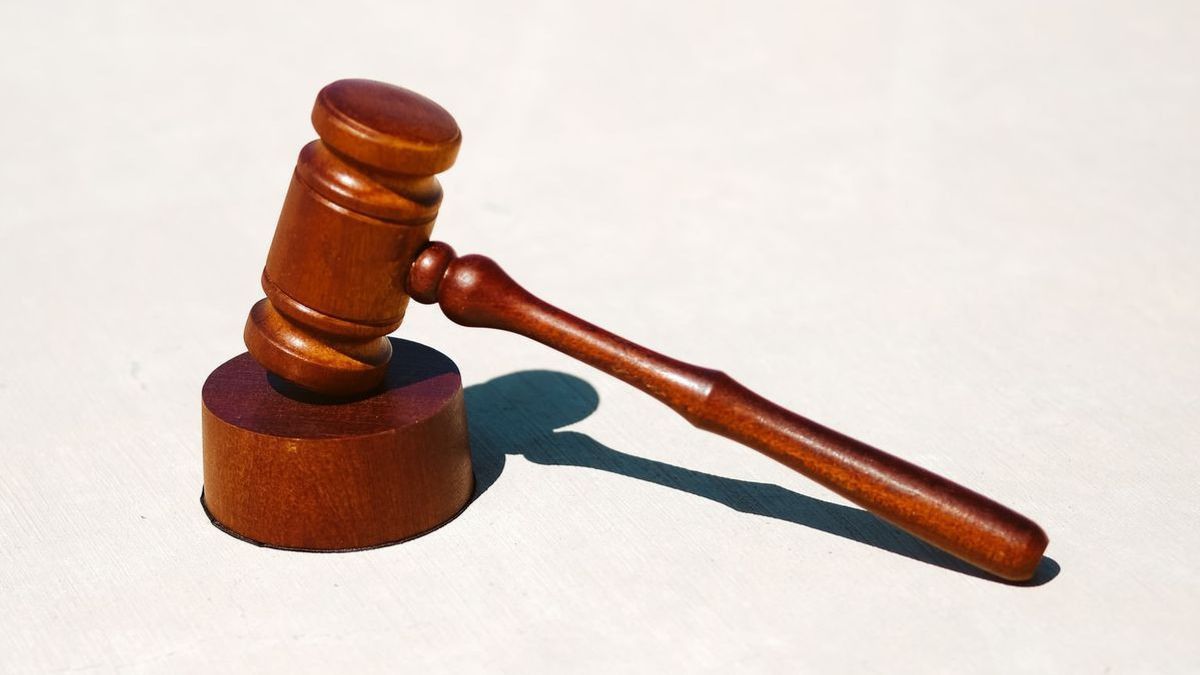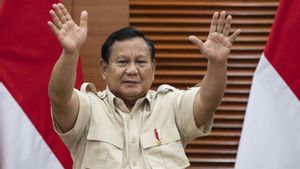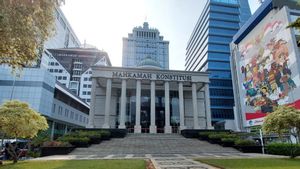YOGYAKARTA - The judiciary in Indonesia exists to maintain a balance of order in social and state life. Justice is applied in various affairs, ranging from social, cultural, religious, and other matters that exist in society.
The justice system in Indonesia has regulated the legal basis in Article 24 of the 1945 Constitution and Article 1 of the Law of the Republic of Indonesia Number 48 of 2009 concerning Judicial Power.
Article 24 paragraph 2 of the 1945 Constitution contains that judicial power is carried out by a Supreme Court and a judiciary that is under it in the general court environment, religious justice environment, military justice environment, the state administrative court environment, and by a Constitutional Court.
Many people think that the judiciary is the same as the court. In fact, both of them are different things. Court is a process carried out in court. The judicial process includes examination, decision making, and adjudicating cases by applying the law.
Meanwhile, courts are institutions or institutions that run the justice system. Court institutions are in charge of judicial proceedings, ranging from examination, trial, to deciding cases.
There are several types of judicial institutions in Indonesia. Tuti Harwati through the book Justice in Indonesia, stated that there were four courts, namely General Courts, Religious Courts, Military Courts, and State Administrative Courts.
The general court was carried out by the District Court and the High Court. The general court was held at the first level by the District Court. The District Court has a position in the Regency/City capital. The composition of the implementing team in the District Court consists of the leadership of the Member Judge, Registrar, Secretary, and Dekiita.
Meanwhile, the High Court has a higher position. The High Court has a position in the provincial capital. The implementing composition in the High Court, namely the Leaders, Member Judges, Registrar, and the Secretary.
The rules regarding Religious Justices are contained in Law Number 50 of 2009 concerning Religious Justices. This justice is the executor of judicial power for people who seek justice in Islamic religious matters in accordance with the law.
Religious justices have the authority and duty to examine, decide, and settle cases in the fields of marriage, inheritance, wills, grants, waqf, zakat, infaqak, shadaqah, and sharia economy.
The position of Religious Justice culminates in the Supreme Court as the Supreme Court. Judicial rule in the Religious Court is carried out by the Religious Court and the Religious High Court.
PA's place is in the district/city capital, while PTA is in the provincial capital. The implementing team in religious courts consists of leaders, member judges, clerks, secretaries, and Sita interpreters.
The State Administrative Court (TUN) is the executor of judicial power in dealing with TUN disputes, such as employment issues. The TUN Court takes care of issues related to the TUN dispute.
The TUN trial is domiciled in the district/city capital. This trial is divided into two, namely the TUN Court in the first level court and the High Court of Administration at the appeal level. This TUN trial was formed through a presidential decision.
The TUN Court has an executive team consisting of the leadership, member judge, clerk, and secretary. The TUN trial has the authority and duty to examine, decide, and resolve the TUN dispute.
The Military Court is the executor of legal rule dealing with military cases. Military courts consist of military courts, high military courts, major military courts, and battle military courts.
The Military Court has the task of adjudicating cases where the incident occurred in its jurisdiction and the defendant is a unit in his jurisdiction.
That's a review of judicial institutions in Indonesia. There are four judicial institutions in Indonesia that have their respective duties and authorities. Judicial institutions need to be implemented to maintain a balance of order in life.
Stay up to date with the latest domestic and foreign news on VOI. You present the latest and most recent nationally and internationally.
The English, Chinese, Japanese, Arabic, and French versions are automatically generated by the AI. So there may still be inaccuracies in translating, please always see Indonesian as our main language. (system supported by DigitalSiber.id)













